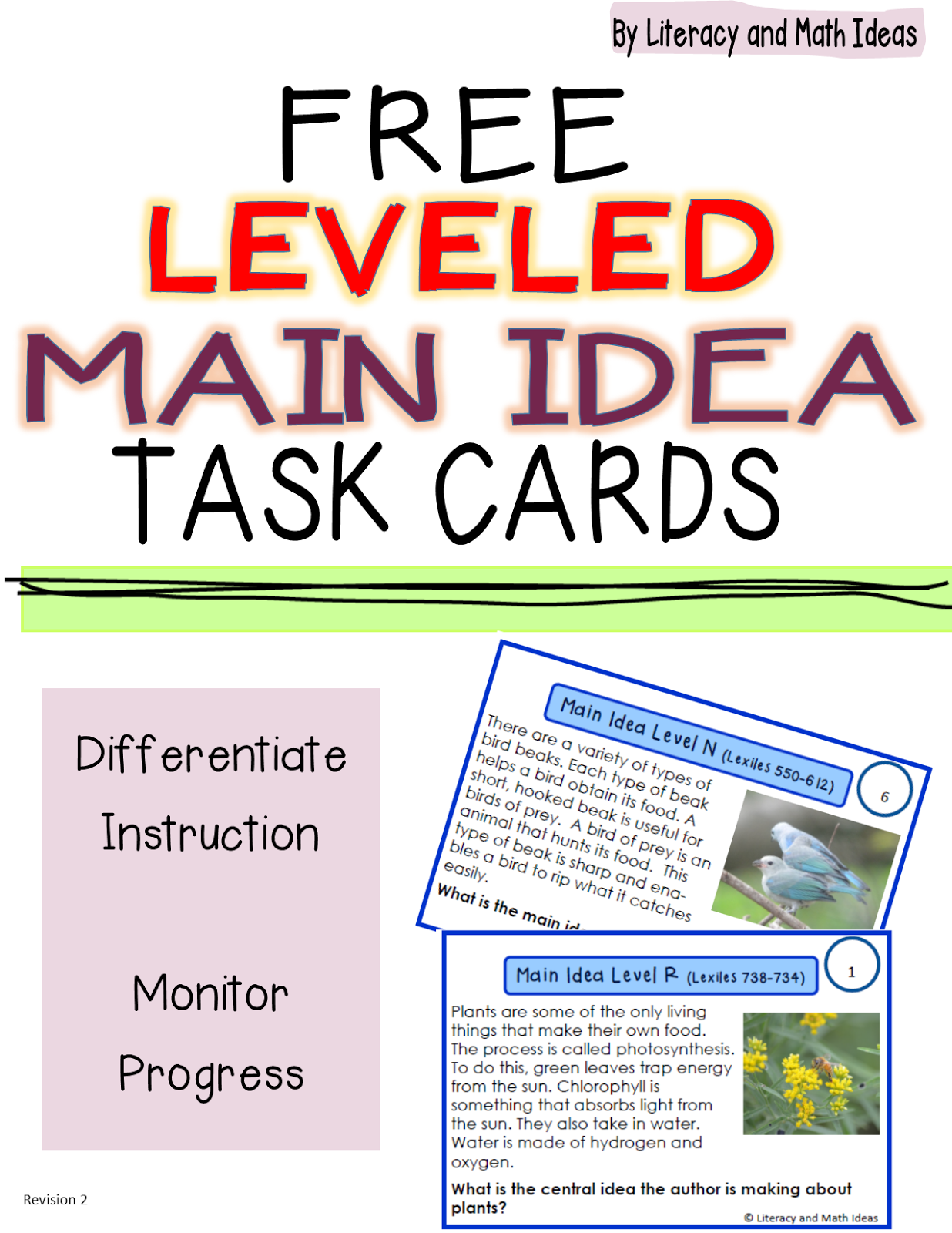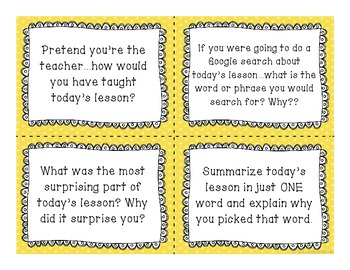
“Fundamentally, most maintenance records are now electronic, with only a small proportion still in hard copy to support the processes of outsourced maintenance providers as well as provide business continuity for limited system outage events,” says Spiritosanto.


Roll-out was extended across all fleet types, and was in universal use at Qantas by March 2013. The airline eventually selected a product known as Maintenix, and timed the new MIS to support the introduction of the A380. “As a result, Qantas was looking for new technology that could not only meet the airline’s existing requirements, but also support the business into the future.” “Due to the complexity, significant effort and cost of replacing an MIS, airlines look for investment that will see them through 15-plus years of operation,” says Spiritosanto. Qantas’ paperless operations journey began in 2007 when the carrier reviewed the market for a new MIS to replace the existing COBOL-based MIS written in the 1980s. “The technology is available for some functions, but we are a little way away from having applications integrated and optimized such that workforce efficiency is maximized,” says Spiritosanto. Until that happens, he notes, the current processes are similar to those in place for paper task cards.

In essence, this means having all the maintenance data and functionality required of its maintenance information system (MIS) optimized for access through mobile devices such as iPads or tablets. He says the next step for the Australian carrier is to improve mobility, especially for line maintenance areas.
#Taskcard for acceptance software#
“It’s only been in more recent years that mobile devices, and more sophisticated software and hardware, have made digital documentation more usable for our purposes,” says Joe McDermott, Managing Director, Line Maintenance for Delta.ĭaniel Spiritosanto, Fleet Manager Boeing, Qantas Engineering, concurs. Both Delta and Qantas, for example, have been involved in paperless operations for the best part of a decade but are still some way from describing it as a mature project. Then there are straightforward operational issues. We need worldwide acceptance of e-records.” We heavily question digital signatures, but we never question a scribbled signature on a piece of paper. In terms of e-records, one hurdle is the fact that many authorities do not have regulations in place to accept an e-signature, or even e-documents.Īs Markou explains: “Many regulators still require paper originals. Everything can be sent/accessed instantly, even in remote areas.” Challenges aheadīut despite having the technology and the business case in place, paperless operations remain a challenge for the industry.Īs with all major projects, there are myriad reasons for the slow take-up to date. An e-record would mean easy access at the front line and no need to go back to the desk to get a paper. Paper copies have multiple versions and take time to update.
#Taskcard for acceptance manual#
“You would always get one master copy of a manual or records linked to a part. “Imagine e-versions of the documentation,” says Chris Markou, IATA’s Head, Operational Cost Management. Every single part could be checked, negating the need for the still-extant statistical sampling. No expiration date would be missed, and any overhaul or repair would be done only by a qualified person/organization. This would protect the asset value of the part-and indeed of an entire aircraft-effectively advertising it as “one careful owner”. The move would ensure all aircraft major parts have back-to-birth records that show compliance with the necessary regulations and quality controls at all times, for example. Moreover, the technology, such as data warehousing and radio frequency identification (RFID), is already available.

The idea is a simple one: to have all necessary maintenance documentation available electronically, with major parts tagged to support the process. Paperless operations offer significant efficiency gains if the industry vision is underpinned by partnerships, global standards, and deadlines


 0 kommentar(er)
0 kommentar(er)
